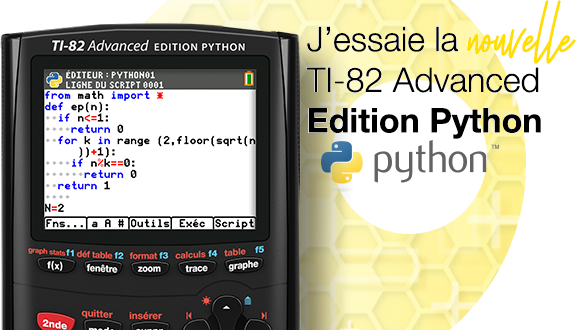RapidZapper a écrit:Hey
Thanks for your comments on the mod!
The plug was bought on AliExpress as bulk
Didn't know it was a whole Adafruit reference
About the install, it was a bit complicated as it need to solder on small SMD chip, but at the end you get a working power+data USB-C
I haven't tried C-C connection
That's a good question I won't be able to answer as the calculator I used for this fried due to some bad software experiment and didn't want to sacrify my new one... But maybe I'll get to buy a new one and try it again...
About install it's actually very difficult to have it hold on the board as solder would crack under pressure
I got it blocked with some glue paste but had a bump on rear case but was holding perfect
Cutting the case is not so easy too... But maybe could be fixed by replacing bottom part with a 3d printed part
Also a point regarding this mod on Numworks is OTG is not used with the pin so only 4 pin are connected of the 5 and this part was perfect to connect to USB C
Thank you guys for all your kind words, and I should've known you spoke English! After all, a person who speaks several languages is a polyglot, a person who speaks two languages is bilingual, and a person who speaks one language is an American. I definitely understand the difficulty of having to do small SMD level soldering for these modifications, as well as the non-ideal method of having to resort to superglue, which I have had to resort to a few times (and sometimes had fail) in other projects.
I'm sorry about your fried calculator. I have my own collection of fried calculators, and while it is disheartening, it's all helpful in learning what works and what doesn't. It's awesome that the NumWorks only utilizes 4 pins anyways so that the mod is technically fully functional, though I suppose that people who would like to use USB peripherals with that calculator are out of luck.
Additionally, if that blue USB-C breakout could be made to work with C-to-C cables, or another custom PCB could be made with large solder pads for VCC, D+, D-, and GND and it works with C-to-C cables, that would be ideal, and it would make this mod much easier for other people to perform. I made a GitHub issue/request on the page for the PCB I used for C-to-C functionality for larger solder pads for D+ and D-. Unfortunately, however, I am not well-versed enough in KiCad to accomplish it (though I did do some preliminary work which you can see below).

If you guys know of anyone that could accomplish this, please let them know as it would make USB-C mods more accessible and feature-rich! Again, thank you for your kind words, and I would be happy to answer any questions and help with work towards an OTG functional mod.






























